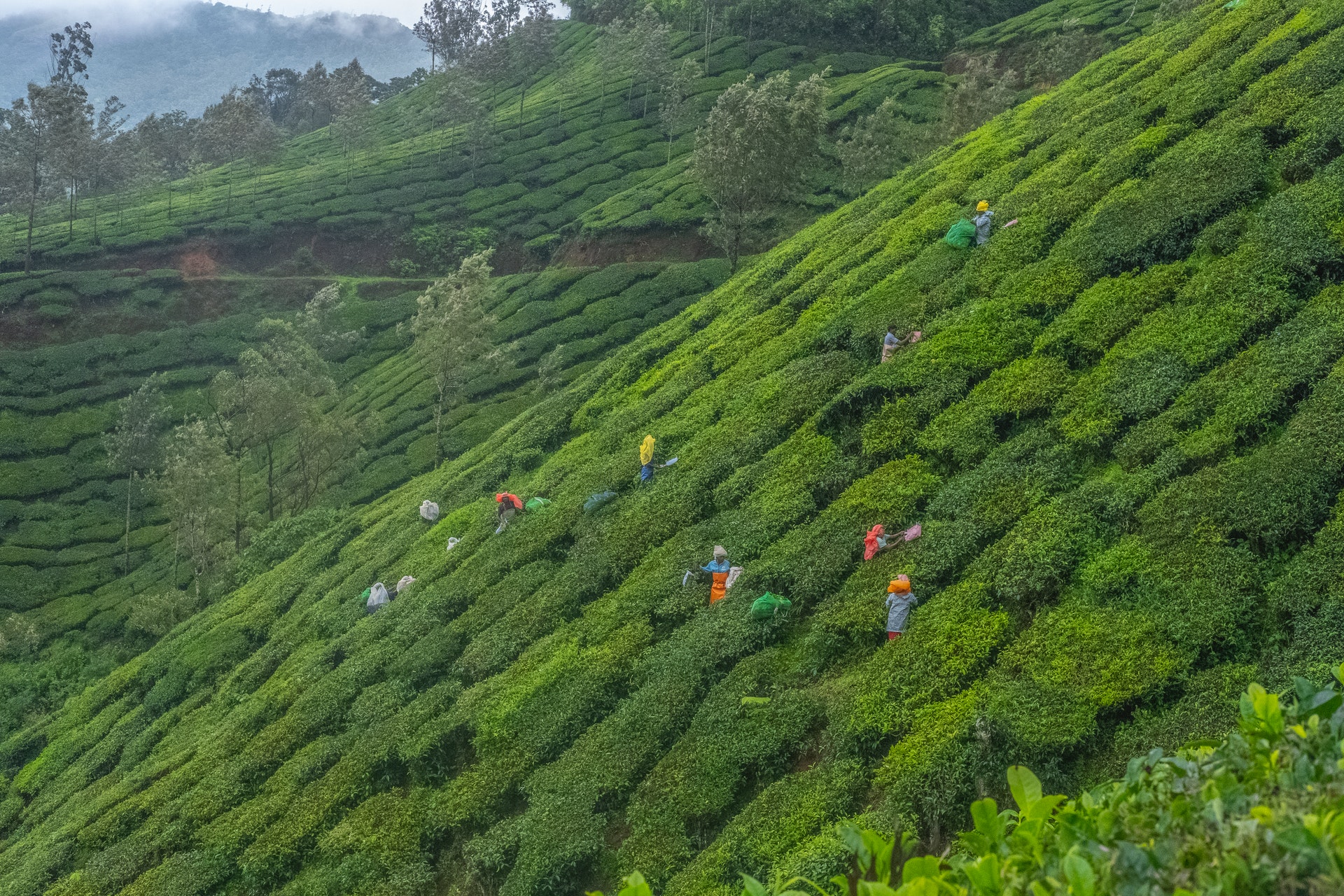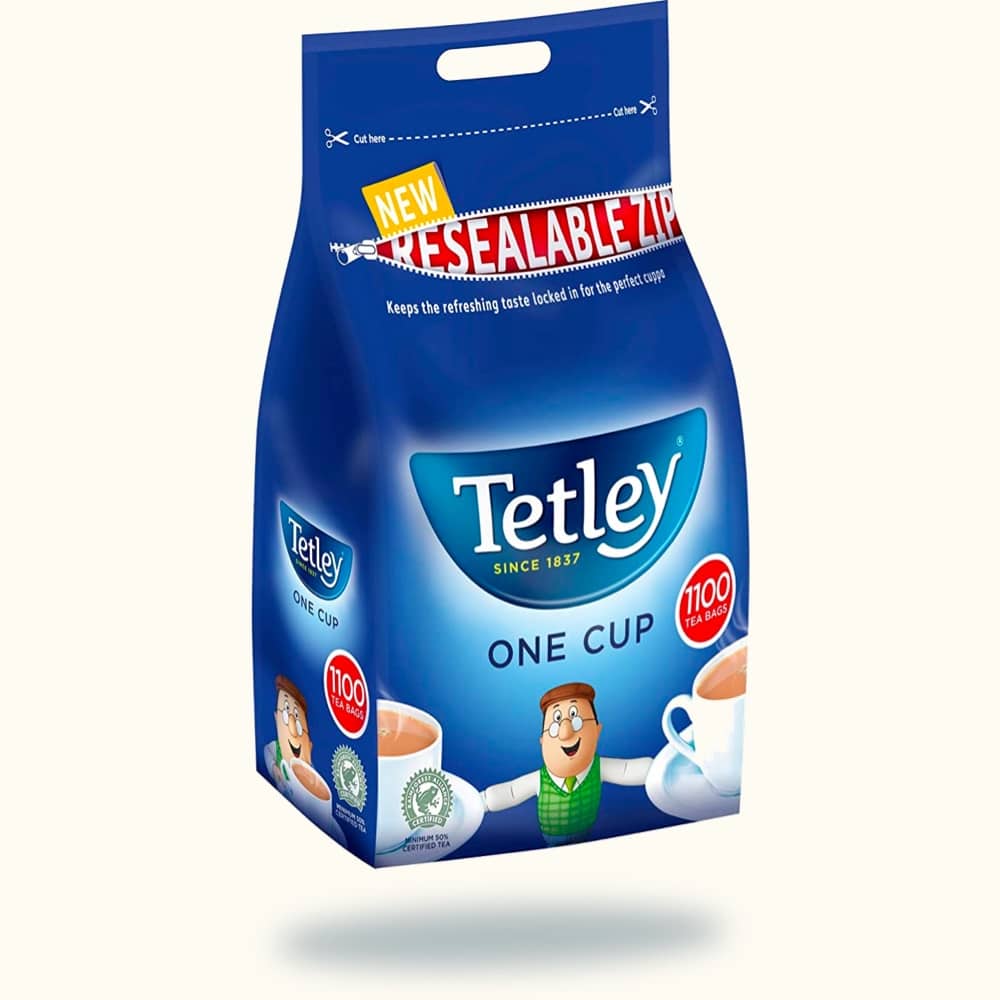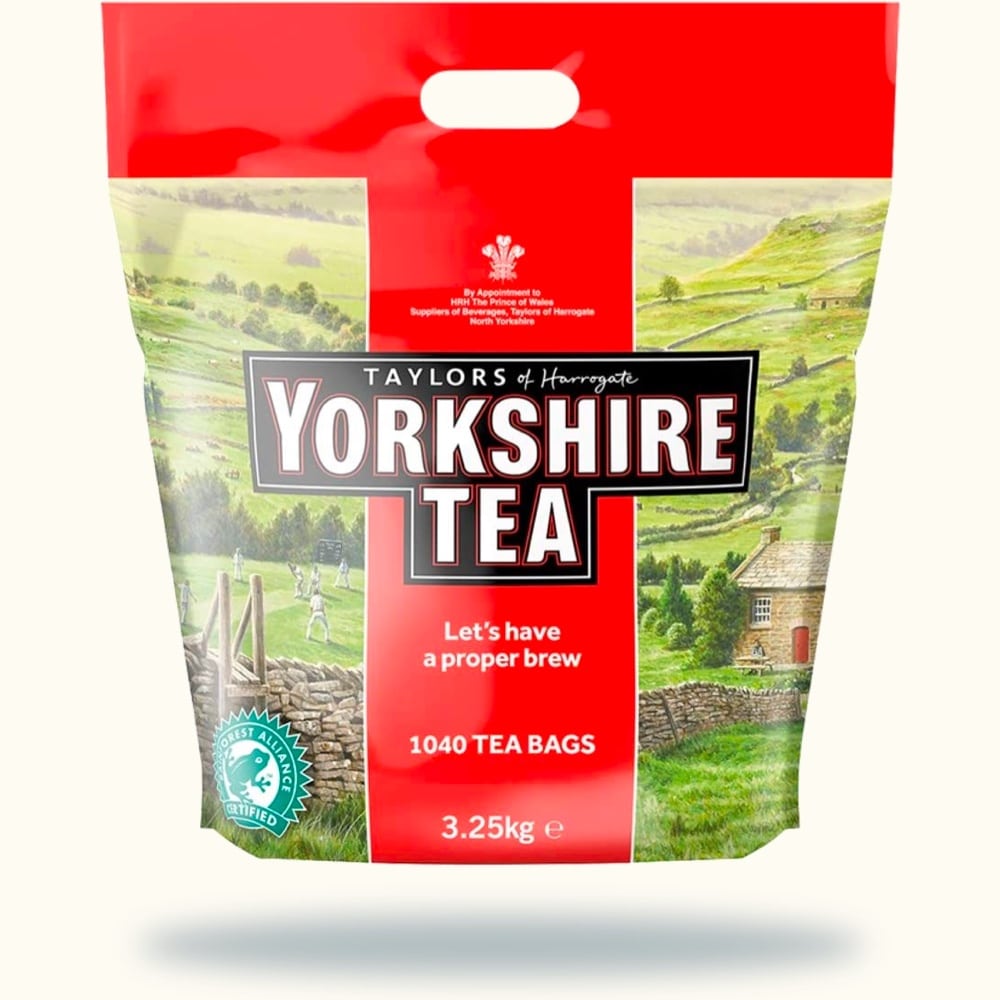Ethical tea
Here at Float, we think a lot. We think about the climate. We think about Sustainability. We think about people and where our products come from, and how they are created and sourced.
We currently sell three types of tea bags – PG Tips, Tetley and Yorkshire Tea. They come in packs from 440 to 1100 tea bags.
They are, in our modest opinion, the best tea bags to make your daily brew. But how do they stack up when it comes to climate, sustainability and ethics?
Photo by Anna Nekrashevich from Pexels
Ethical Tea Partnership
Well, for a start, they are all members of the Ethical Tea Partnership which is an organisation set up to improve the lives and incomes of tea workers, farmers and their communities. They work to empower women. They also help the sector address environmental challenges and respond to climate change.
While most of our programmes cut across many themes and have a range of impacts, they focus on the following key themes:
Changing lives
Better incomes
Empowering women
Climate & environment.
Changing lives
The Ethical Tea Partnership’s work has improved the lives of people living in tea communities. To date, their work has reached over one million people.
As a result of work on the ground, tea workers and small-scale farmers have better health, education and diets. Additionally, they’ve helped people have better nutrition across Malawi, Rwanda and Sri Lanka.
Better incomes
They continue to drive and lead work on living wage and living income, as well as creating opportunities for tea workers and farmers to make more money. They have established and jointly coordinated the Malawi Tea 2020 partnership to ensure that all workers in Malawi have improved wages and benefits.
Empowering women
The partnership’s programmes champion women. Across Assam, India girls have better lives thanks to their partnership with UNICEF, which is reducing child marriage and unsafe migration, helping girls stay in education and equipping them and their communities with the skills to reduce the risk of violence, abuse and exploitation. Their Improving Lives programme with UNICEF is the largest of its kind, reaching 250,000 people and a quarter of all tea estates in Assam.
Climate & environment
This work is helping the tea sector to reduce its carbon footprint and to improve its environmental sustainability and climate change resilience. Energy efficiency work with Kenyan small-scale tea farmers is saving trees and millions of dollars every year, all of which is returned to the farmers.
A CarbonNeutral Ethical Tea Partnership
ETP has committed to going CarbonNeutral® in accordance with The CarbonNeutral Protocol. They’ve measured their emissions and will be reducing them wherever possible. Where they can’t, they will finance programmes that reduce emissions and bring wider benefits to tea-farming communities.






